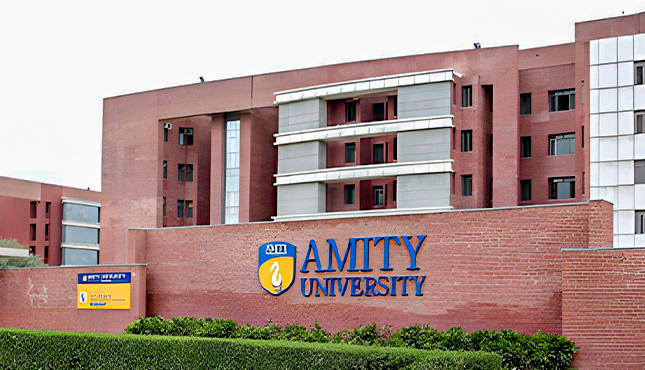
Introduction
In the realm of higher education, Harvard Business School stands as an emblem of excellence, producing some of the world’s most sought-after business leaders. Amidst economic downturns, the importance of networking becomes increasingly evident in securing job placements for MBA graduates from such prestigious institutions.
Understanding the Harvard MBA Advantage
Harvard Business School (HBS) boasts a robust network comprising accomplished alumni, influential faculty, and corporate partners. The allure of an HBS degree lies not just in its academic rigor but in the unparalleled access to a vast professional network. During economic slowdowns, the job market becomes fiercely competitive, compelling graduates to leverage every resource available. Here, the HBS network emerges as a pivotal tool, offering graduates a distinct advantage in navigating challenging economic landscapes.

A Crucial Component
Networking isn’t merely about exchanging business cards or connecting on LinkedIn; it embodies a strategic approach to building meaningful relationships. At HBS, networking is ingrained in the curriculum and culture, fostering connections that extend far beyond the confines of the campus. During slowdowns, this network becomes a lifeline for MBA graduates. The alumni network, in particular, serves as a goldmine of opportunities. Alumni often extend support through mentorship, job referrals, and guidance, offering a pathway into coveted roles even in uncertain economic climates.
Nurturing Relationships
HBS emphasizes the art of relationship-building throughout its programs. The case method, group projects, and extracurricular activities serve as breeding grounds for robust connections. Students learn not only from professors but also from each other, creating a web of relationships that lasts beyond graduation. The HBS alumni network is known for its active engagement. Events, conferences, and reunions serve as platforms for graduates to reconnect, exchange experiences, and forge new professional alliances. During economic downturns, these connections often lead to unexpected job openings or invaluable advice on weathering the storm.
Adapting to Economic Challenges
Economic slowdowns demand adaptability, and HBS equips its students with this crucial skill. Through career services, workshops, and alumni-driven initiatives, graduates learn to pivot, recalibrate their strategies, and explore unconventional job avenues. Moreover, HBS alumni often extend their support by offering insights into emerging industries, entrepreneurial opportunities, or freelance projects. These avenues, although unconventional, provide invaluable experience and a foothold during uncertain economic times.

Conclusion
The role of networking in securing job placements for Harvard MBA graduates during economic slowdowns cannot be overstated. The HBS ecosystem, characterized by a robust alumni network, ingrained relationship-building practices, and adaptability, serves as a cornerstone in navigating challenging job markets. In essence, the Harvard MBA doesn’t just signify academic prowess; it symbolizes access to a vast and influential network. This network becomes a beacon of hope during economic downturns, offering graduates not just jobs but a pathway to success in adverse conditions. As economies fluctuate, the importance of networking in securing job placements for MBA graduates from elite institutions like Harvard Business School stands as a testament to the enduring power of meaningful connections.










